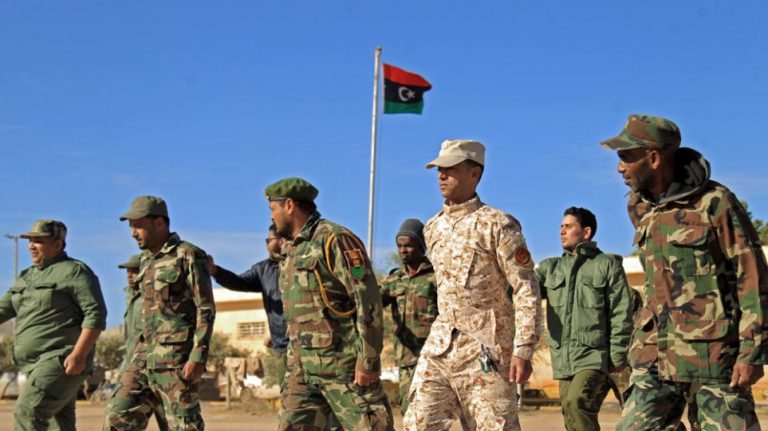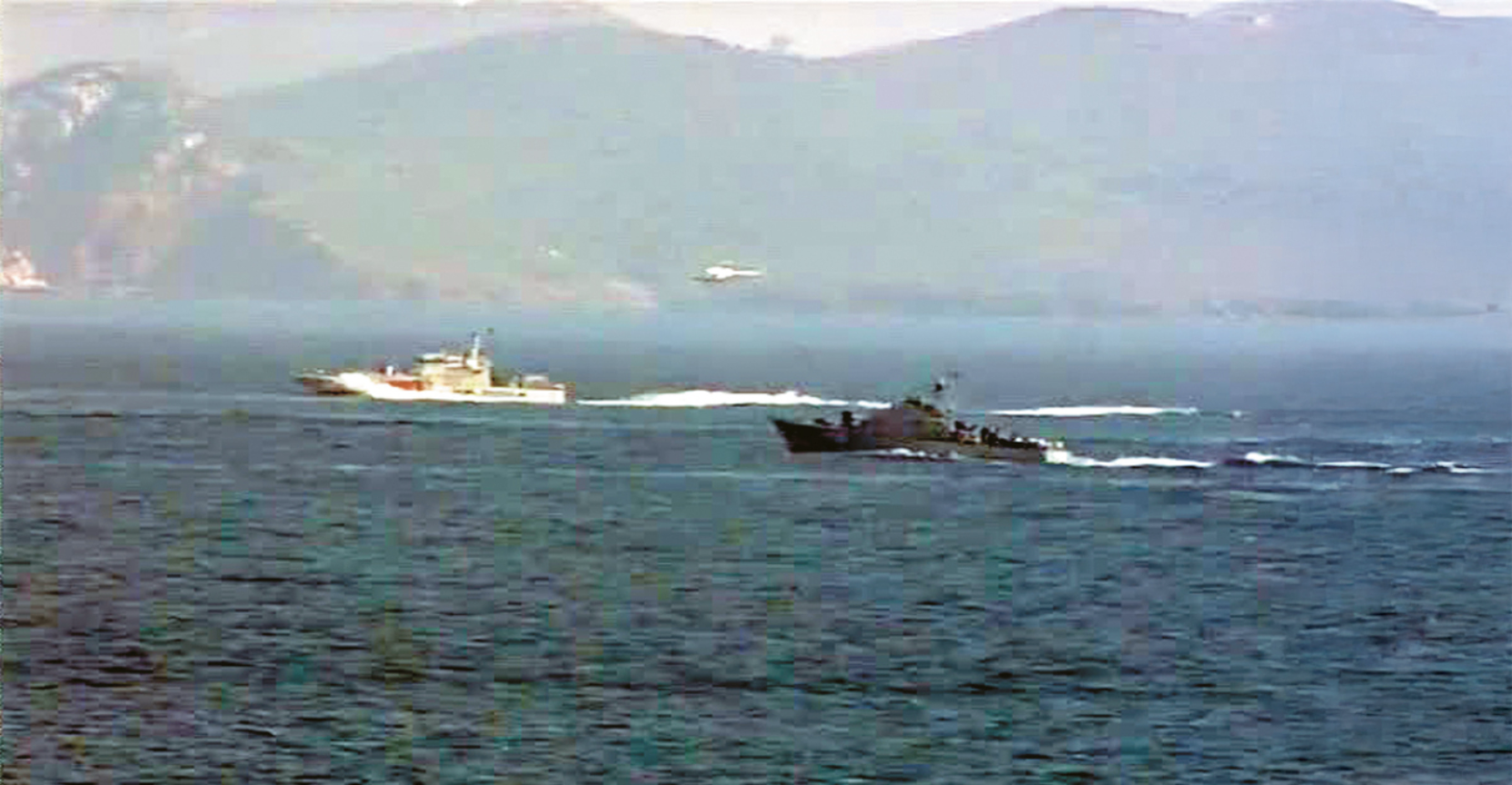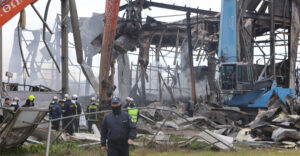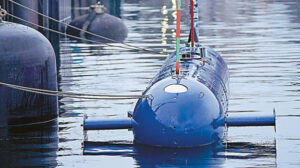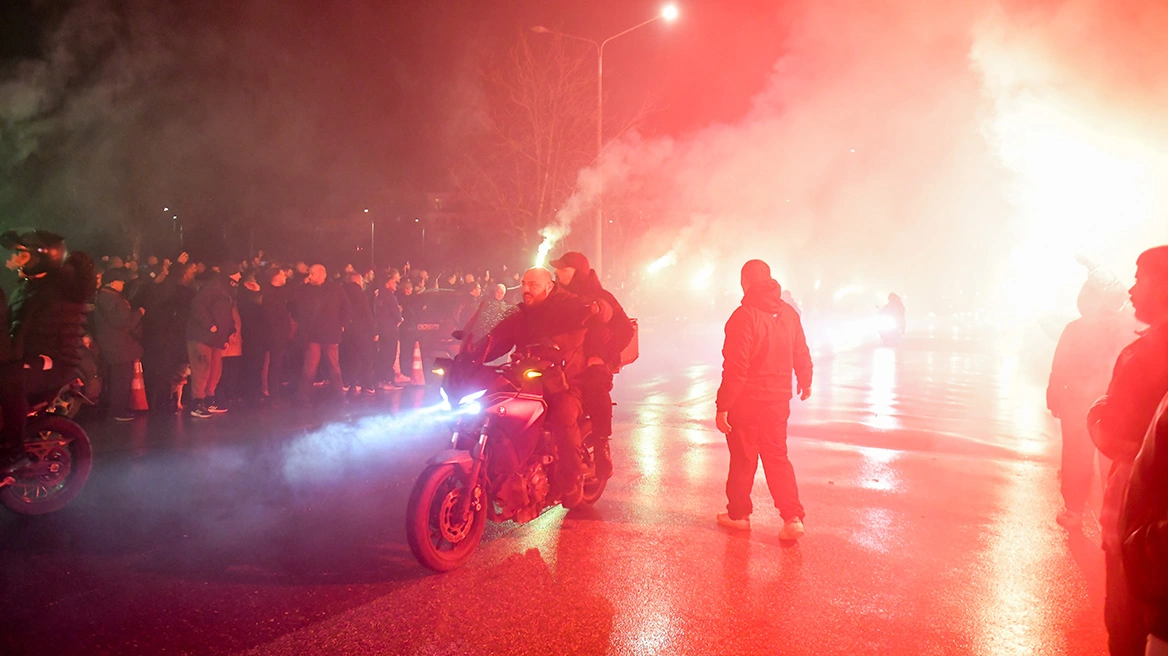As the military operations of General Khalifa Haftar in Libya are in full swing, with his forces closing in on the centre of the capital of Libya, Tripoli, Turkey is reportedly planning to deploy Syrian rebels it backs to Libya as part of a deal reached between Ankara and the internationally-recognised Tripoli government.
Meanwhile, on Friday, a crowd of people supporting the National Unity Government gathered in the Martyrs Square in Tripoli and voiced opposition to Haftar’s moves.
The Ankara-backed rebels will be joining troops and naval forces that will be deployed to support the U.N.-recognised Government of National Accord (GNA) to defeat strongman Khalifa Haftar.
In a deepening proxy war, Turkey aims to send its navy to protect Tripoli, while its troops train and coordinate forces of Prime Minister Fayez al-Sarraj, according to a senior Turkish official.
Turkey recently signed a critical maritime deal with oil-rich Libya that serves energy interests of both countries and aims to salvage billions of dollars of business contracts thrown into limbo by the conflict.
At the same time, ethnic Turkmen rebel groups that have fought alongside Turkey in northern Syria are expected to reinforce the government in Tripoli imminently, a second official in Libya confirmed. Both people asked not to be named because of the sensitivity of the issue.
Turkey launched its Operation Peace Spring on Oct. 9 in Syria’s northeast with the rebels it backs in Syria against the People’s Protection Units (YPG).
The Libyan government had initially resisted the idea of such a deployment but eventually accepted it as Haftar’s forces began to advance on Tripoli, the Libyan official said.
With Egypt and the United Arab Emirates aiding Haftar, Turkey’s deeper involvement in Tripoli could complicate international efforts to end the turmoil that has gripped the country since the overthrow of strongman Moammar Qaddafi in 2011.
Turkish President Recep Tayyip Erdoğan, who has vowed to prevent the fall of Sarraj’s government, could order the deployment of Turkish military in Libya in early January, after securing the approval of parliament.
Terms of the Turkish deployment includes establishment of an elite Libyan force to respond immediately to threats, allocation of weapons, planes, vehicles on ground and at sea, joint exercises and exchange of counter-terrorism intelligence and operational cooperation.
Ask me anything
Explore related questions
